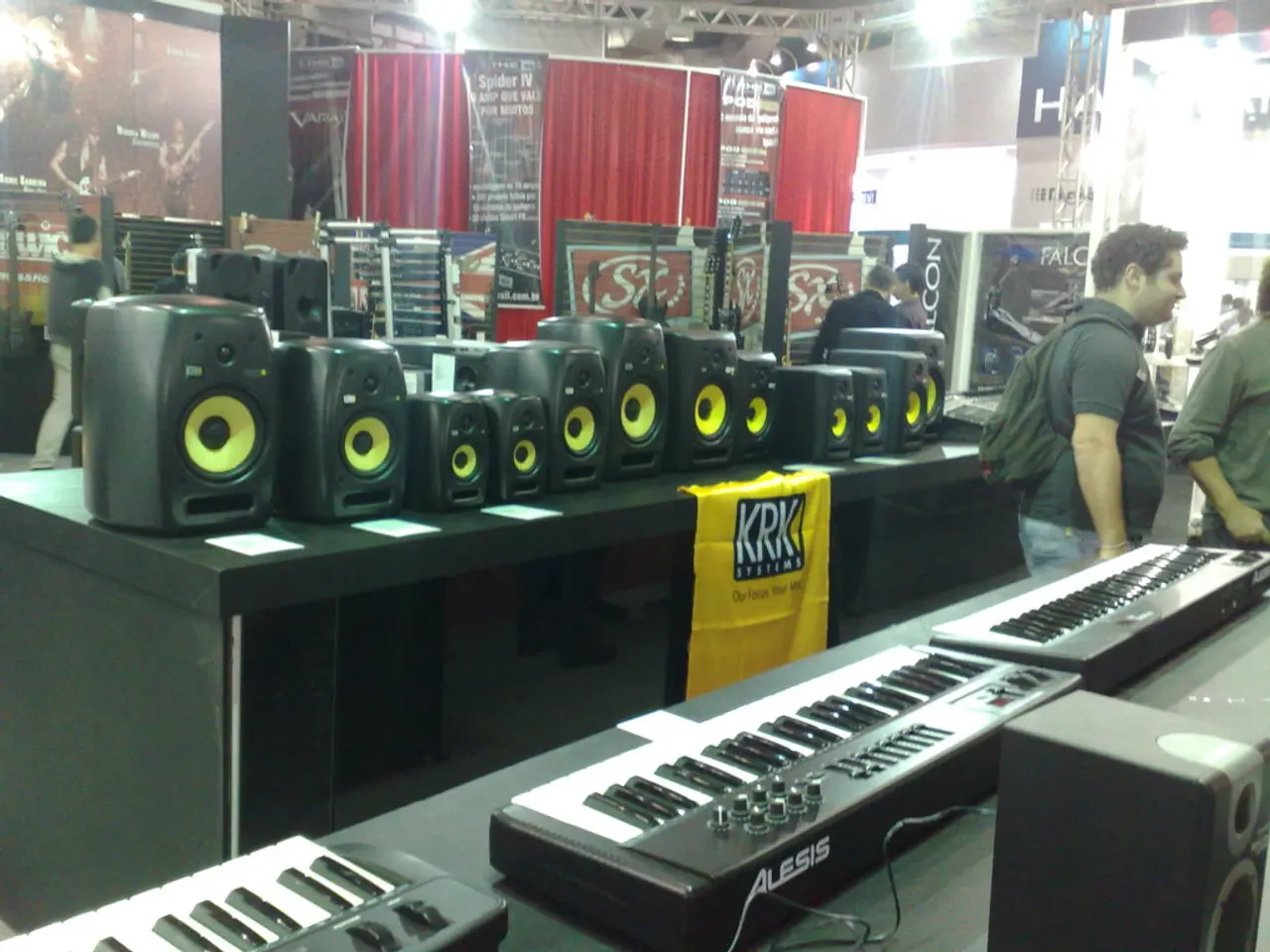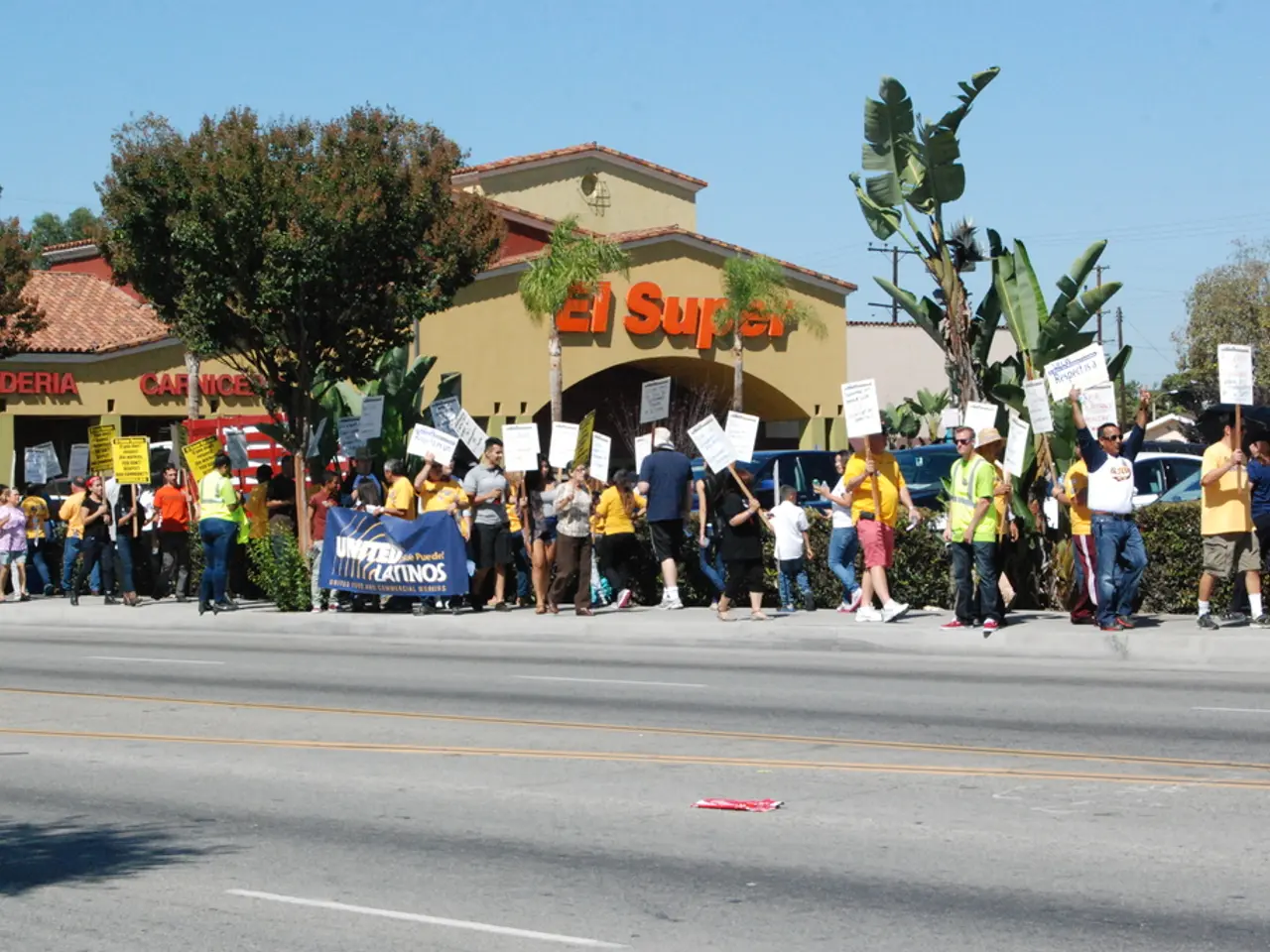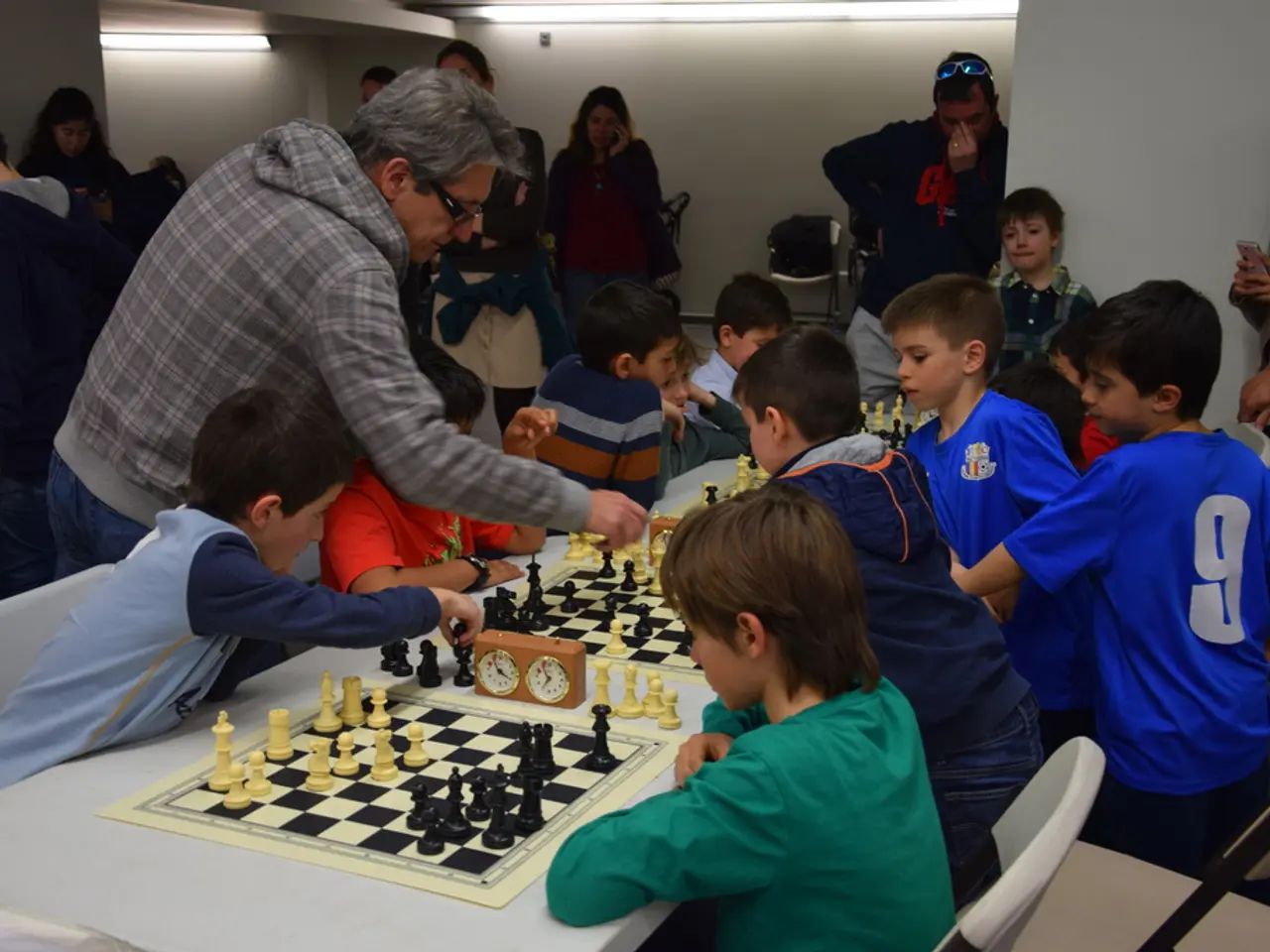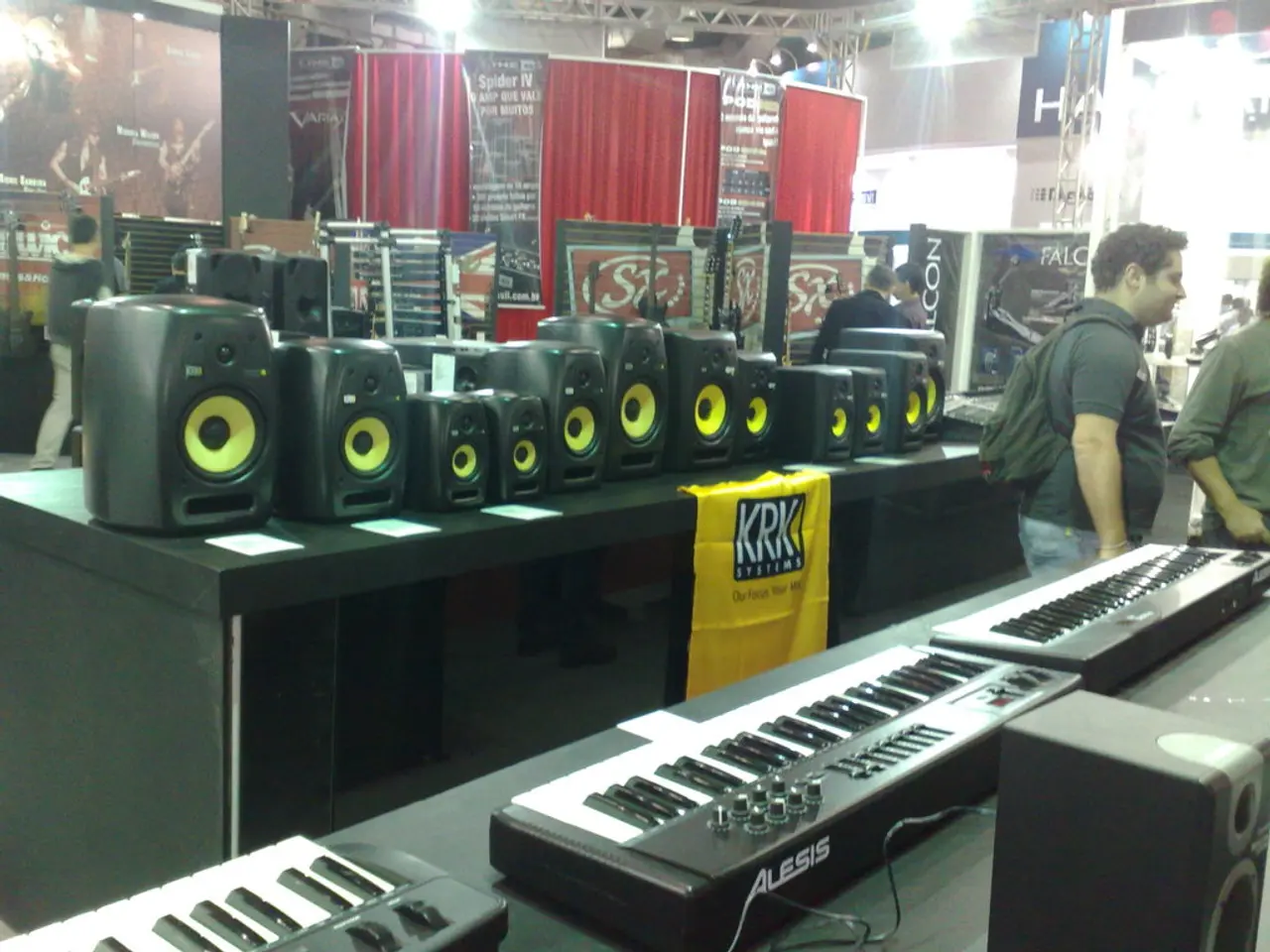Competitive Cardrooms in California File Legal Documents in Their Contest against Avaricious Native American Casinos
California Gaming Association Files Motions Against "Agua Caliente Lawsuit"
A legal battle is unfolding in California, as the California Gaming Association (CGA) has filed four motions challenging the "Agua Caliente Lawsuit" that was initiated by seven gaming Tribes. This lawsuit, filed in July 2025, targets commercial cardrooms, including The Gardens Casino in Hawaiian Gardens and the Commerce Casino in Commerce.
The lawsuit stems from State Senator Josh Newman's Senate Bill 549, also known as the Tribal Nations Access to Justice Act, which was signed into law by Governor Gavin Newsom in September 2024. This law grants tribes the standing to sue commercial cardrooms starting January 1, 2025, with a deadline to file by April 1, 2025.
The tribes' allegations centre around the implementation of SB 549 and the practice of player-banked card games in cardrooms. They argue that the current model contravenes Proposition 1A, approved by California voters in 2000, which grants tribal casinos exclusive rights to banked card games in California. The tribes contend that commercial cardrooms circumvent this prohibition by allowing players to bank hands instead of the house doing so, making these games effectively illegal and infringing upon their exclusive rights.
The cardrooms, however, maintain their position that their current game models comply with the law. They have relied on the inactions of regulatory bodies, such as the California Gambling Control Commission and the California Department of Justice's Bureau of Gambling Control, which have ensured for over twenty years that cardroom games do not violate California's prohibition on "banking games."
The CGA's motions argue that SB 549 is void because it violates the Unfair Competition Law, requiring plaintiffs to prove they have "standing," have suffered an actual injury, and lost money or property to sue. Additionally, the filings argue that SB 549 is preempted by federal law and inconsistent with constitutional separation-of-powers and due process principles.
The court is scheduled to hear arguments on all the motions on August 8, 2025. The outcome of this legal challenge could have significant implications for the cardroom industry, as well as for local communities and tens of thousands of employees.
It is important to note that not all California Tribes are involved in this lawsuit. According to a source in the industry, 63 out of 67 California Tribes are not involved, while 7 Tribes are pushing for it.
The CGA, in a statement, wrote that the filings argue that the SB 549 lawsuits must be dismissed in their entirety, or, at a minimum, substantially narrowed, under state and federal laws intended to ensure this kind of litigation does not happen.
The source, Brian Hews, the publisher of Los Cerritos Community News, believes that the Tribes are forgetting that voters gave them everything and could take it away one day. He also alleges that the Tribes filing the lawsuit are motivated by a desire to take away income from single moms, ethnic minorities, fire, police, parks, and the ability for a community to enjoy a local card club, and potentially destroy the budgets of some cities to gain an extra $100 million.
If successful, SB 549 would result in the loss of 32,000 good-paying jobs that generate $1.6 billion in wages annually. It would also cut $500 million in tax revenue statewide and local communities would lose $5.6 billion in economic output generated by cardrooms.
This legal challenge is not the first attempt by the Tribes to disrupt the cardroom industry. Over the years, they have attempted to do so through various lawsuits, legislative lobbying, and even a voter initiative. Every attempt has failed so far.
As the court prepares to hear arguments, the future of California's cardroom industry hangs in the balance.
- The education surrounding the potential implications of SB 549 for the cardroom industry is vital, given the significant number of jobs and revenue at stake – over 32,000 jobs generating $1.6 billion in wages annually, and $500 million in tax revenue statewide.
- In light of the legal challenge unfolding between the California Gaming Association and seven tribal groups, it's important to monitor community news for updates on the "Agua Caliente Lawsuit" and its potential impact on local events and the overall general news landscape.
- The ongoing legal dispute concerning the Agua Caliente Lawsuit also raises political questions, as the outcome could potentially alter policy-and-legislation related to casino-and-gambling in California, possibly influencing gambling-trends within the state.
- As the court hearing approaches on August 8, 2025, following the California Gaming Association's filing of motions against the Agua Caliente Lawsuit, observers are closely watching the policy-and-legislation landscape to determine whether the law will be upheld, substantially narrowed, or dismissed – with implications far beyond the cardroom industry, potentially affecting local communities and their economies.




